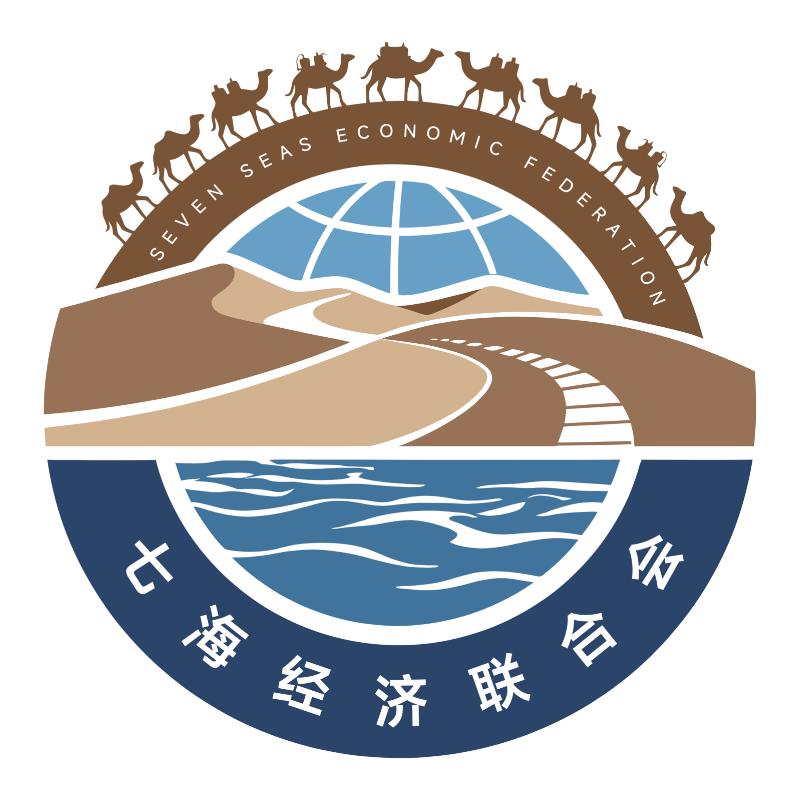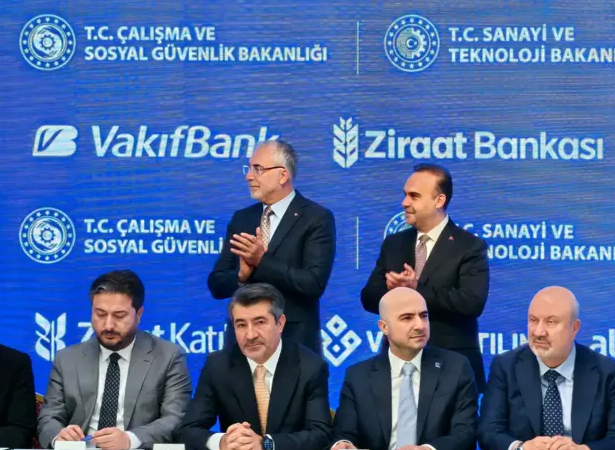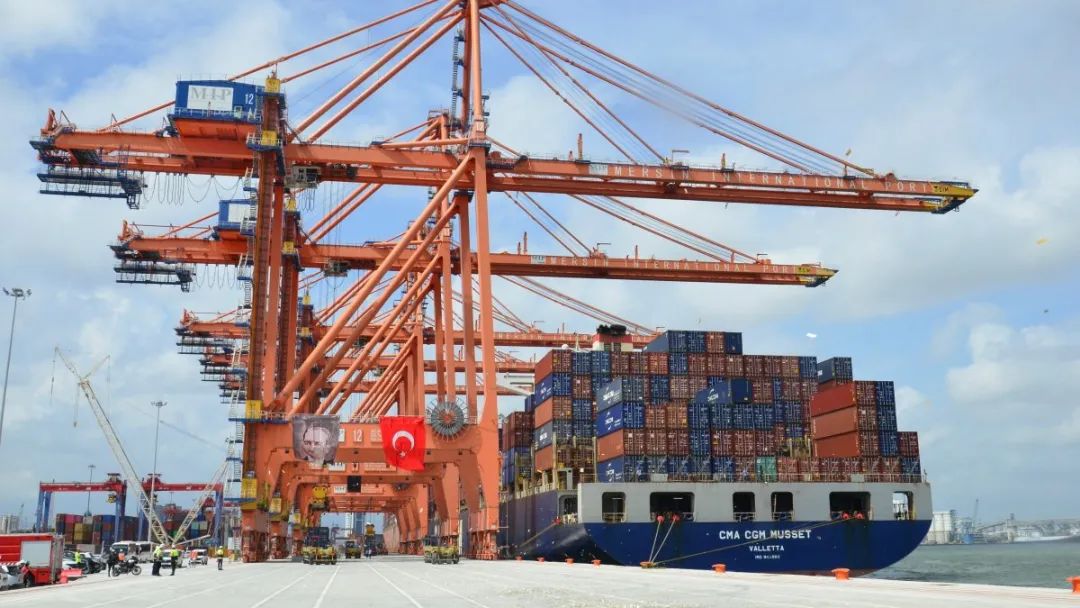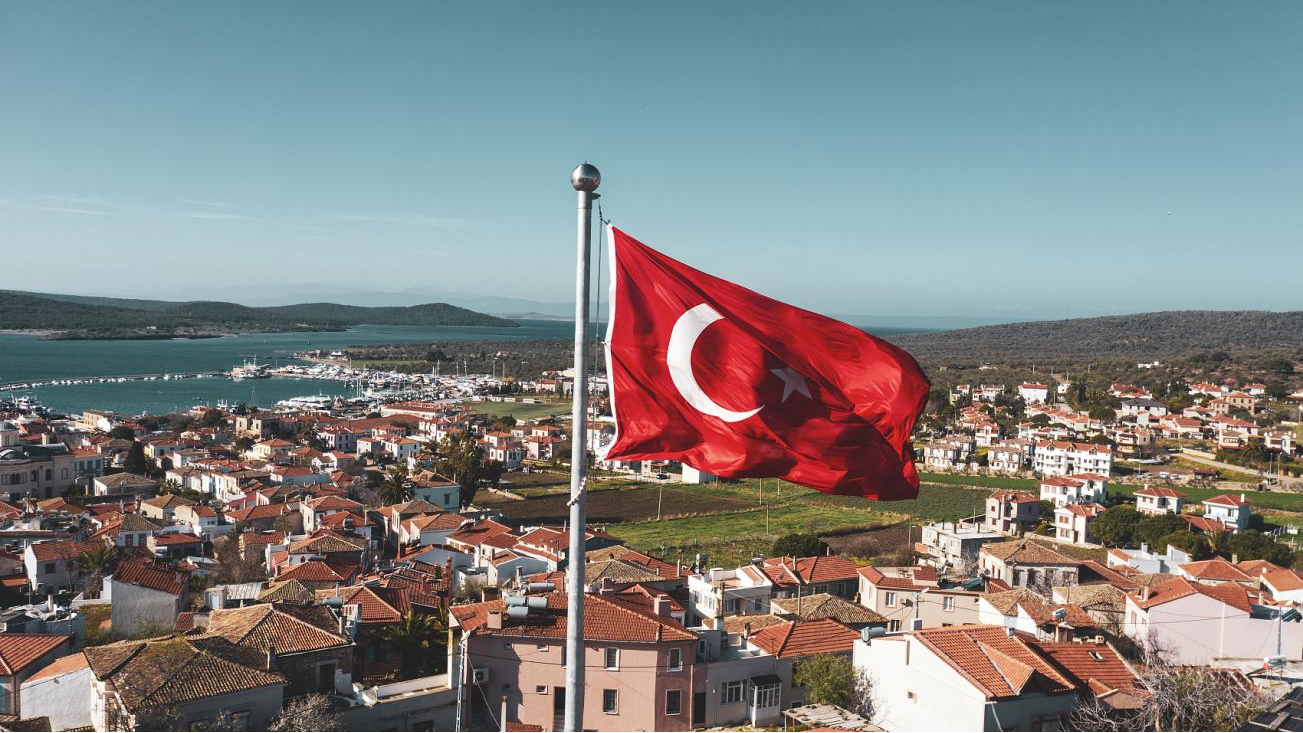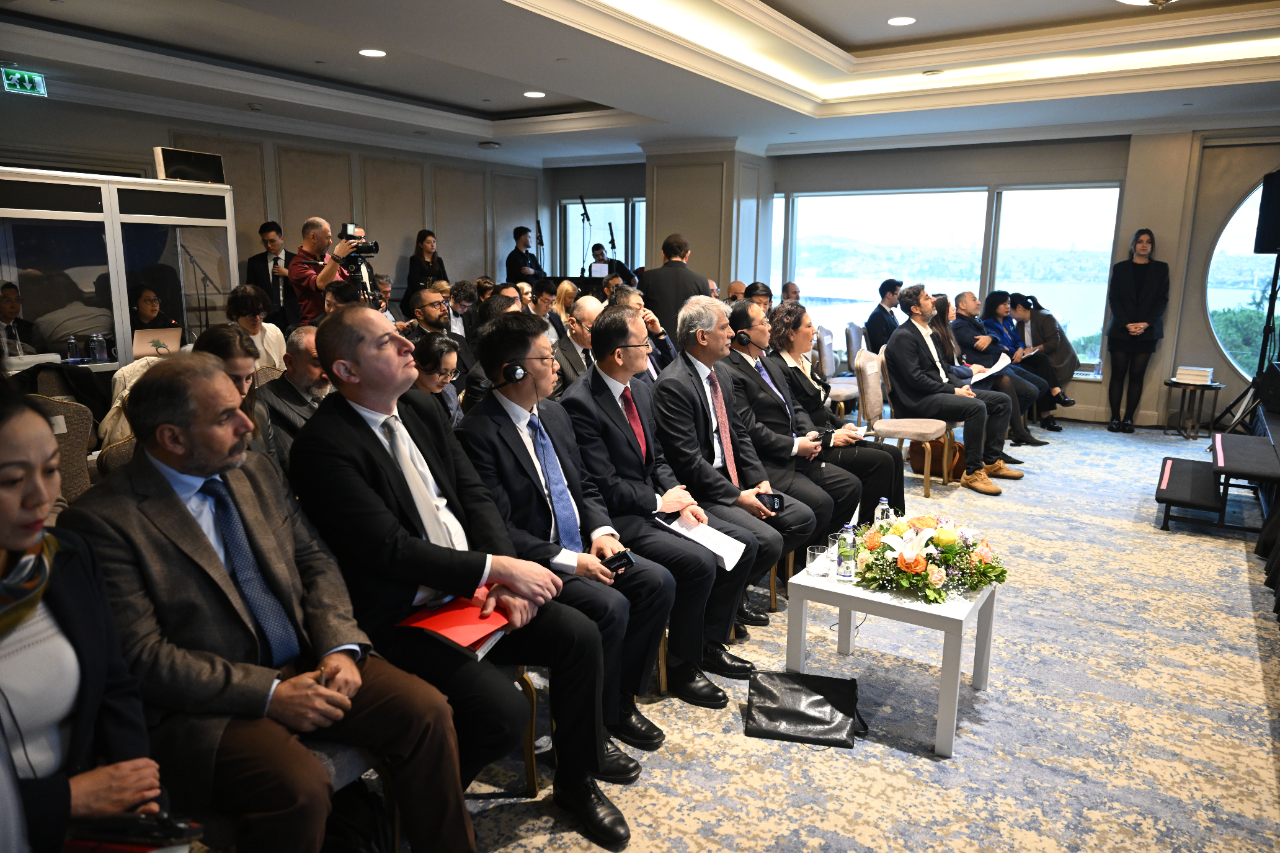Economic Overview
1. Macroeconomics
In the 1980s, Türkiye implemented an open-door policy, achieving leapfrog development in its economy and rapidly transforming from a traditionally agricultural country with a relatively underdeveloped economic foundation to a modern industrial country. Since the Justice and Development Party came to power in 2002, Türkiye has increased investment in infrastructure construction, continuously improved the investment environment, vigorously developed foreign trade, and made significant achievements in economic development. From 2003 to 2015, Türkiye's economic aggregate grew from 468 billion lira (equivalent to $59.2 billion) to 2.34 trillion lira (equivalent to $297.5 billion); per capita national income increased from 7,007 lira (equivalent to $891) to 29,899 lira (equivalent to $3,802). In 2019, Türkiye's gross domestic product (GDP) was approximately 4 trillion lira (equivalent to $753.69 billion). The per capita GDP in 2019 was 51,834 lira (equivalent to $9,127). In 2019, Türkiye's GDP growth rate was 0.9%.
According to the World Bank's "Global Economic Outlook," Turkey's GDP is expected to shrink by 3.8% in 2020 due to the impact of COVID-19.
Foreign trade situation
In 2019, foreign trade in Türkiye showed a downward trend. According to the statistics of Türkiye Statistical Institute, the total import and export volume of goods trade for that year was $374.09 billion, a decrease of 4.3% compared to the previous year
In the context, the export value amounted to $171.5 billion, marking a year-on-year increase of 2.2%; while the import value stood at $202.6 billion, representing a year-on-year decrease of 9.1%. The trade deficit amounted to $31.1 billion, with a year-on-year decrease of 43.5%. ② In 2019, the primary export commodities from Türkiye were transportation equipment, textiles and raw materials, and mechanical and electrical products, accounting for 16.6%, 16.3%, and 14.7% of the total export value, respectively. The top three categories of imported goods were mineral products, mechanical and electrical products, and base metals and their products, with a combined import value of $105.51 billion, representing 52.1% of the total import value.
In 2019, the top four major export destinations for Türkiye were Germany, the United Kingdom, Italy, and Iraq, with export values accounting for 9.0%, 6.3%, 5.4%, and 5.3% of Türkiye's total exports, respectively. The top four major import sources were Russia, China, Germany, and the United States, with import values accounting for 11.1%, 9.1%, 8.9%, and 5.5% of Türkiye's total imports, respectively. The top five sources of trade deficits were Russia, China, India, South Korea, and the United States, while the main sources of trade surpluses were Iraq, the United Kingdom, and Spain.
The degree of dependence on foreign trade refers to the extent to which a country's economy relies on foreign trade, generally expressed as the proportion of the total import and export value of foreign trade in the gross national product or gross domestic product. According to World Bank data, Turkey's dependence on foreign trade remained relatively stable from 2010 to 2016, fluctuating within a range of 45.90% to 52.66%. In 2016, Turkey's economic growth rate slowed down to around 3%. In 2017, Turkey's economy rebounded from the downturn, with GDP growing by 7.4% year-on-year, showing a strong growth momentum. In 2018, Turkey experienced tensions with the United States and a currency crisis. Affected by these factors, Turkey's dependence on foreign trade increased by 13.34% from 2016 to 2018, with significant fluctuations.
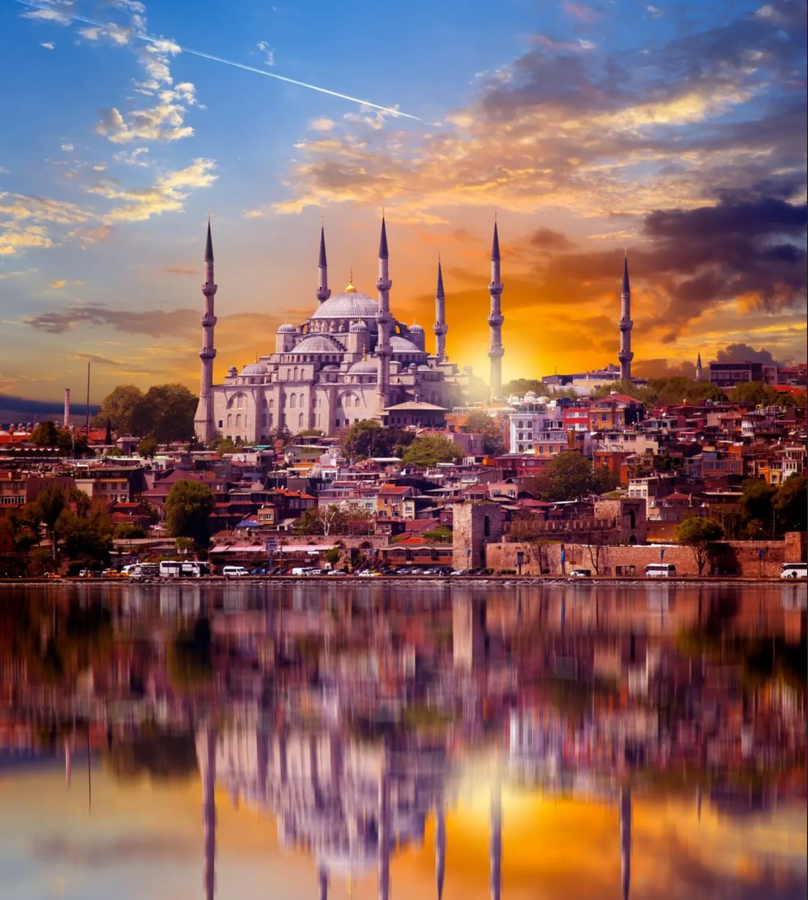
2 Development planning
"Centennial Plan of Türkiye"
In June 2019, Türkiye released the "Centennial Plan of Türkiye", which is the eleventh development plan of Türkiye (2019-2023), proposing a long-term vision to achieve a "stronger, more prosperous, more value-adding, and more inclusive and shared Türkiye".
In this plan, Türkiye will achieve its goals in five aspects: economy, production, talent, environment, and government through specific policies. For example, Türkiye will enhance domestic savings by encouraging participation in private pension systems; strengthen competitive industrial structures through Accelerator Policies, Ecosystem Reformative Policies, and Sustainability Provider Policies; provide educational opportunities based on the principle of equal opportunity to cultivate top talents; strengthen institutional structures and regional development governance at both central and local levels to reduce regional development disparities and promote balanced national development; and improve the efficiency of administrative and judicial institutions and ordinary judicial institutions to ensure rapid and efficient legal trial procedures.
"Industrial and Technological Strategy 2023"
In September 2019, the Ministry of Industry and Technology of Türkiye issued the "Industry and Technology Strategy for 2023" (2023 SANAYİVE TEKNOLOJİ STRATEJİSİ), outlining Türkiye's vision and plans up to 2023. In this strategy, Türkiye's industrial and technological goals for 2023 include: manufacturing accounting for 21% of GDP, manufacturing exports reaching $210 billion, high-end technology products accounting for 44.2% of exported manufacturing products, R&D expenditure accounting for 1.8% of GDP, and software development personnel reaching at least 500,000. This strategy is the first ministerial-level document in Türkiye to mention Bitcoin. The document states that Türkiye will establish an open-source blockchain platform to analyze different application scenarios such as land registration, academic certificate verification, and customs clearance. The Ministry of Industry and Technology plans to cooperate with regulatory agencies on blockchain applications.
3 Regional situation
Türkiye is composed of 81 provinces and is divided into seven major geographical regions, namely the Maral Maras region, the Aegean region, the Mediterranean region, the Black Sea region, the Central Anatolia region, the Eastern Anatolia region, and the Southeastern Anatolia region.
Marmara Sea region
The Maral Maras region is located in the northwest of Türkiye, straddling Europe and Asia, encompassing 11 provinces including Balıkesir, Bilecik, and Çanakkale. It is the largest industrial region in Türkiye, home to Istanbul, the country's largest city. Istanbul serves as the national hub for industry, trade, finance, and culture, as well as a regional transportation hub.
Aegean region
The Aegean region is the second largest industrial region after the Marmara region, consisting of eight provinces including Afyonkarahisar, Denizli, and Izmir. The region is bordered by the Marmara region to the north and the Mediterranean Sea to the south, with a thriving tourism industry. The tourist resort city of Izmir, located in the Izmir province, is the third largest city in Turkey.
Mediterranean region
The Mediterranean region is located at the southernmost tip of Türkiye, bordering the Mediterranean Sea. It experiences long, hot summers and warm winters. The Mediterranean region encompasses 8 provinces, including Adana and Mersin. Tourism is the pillar industry in this region, and agriculture and industry are also relatively developed. The main agricultural products include soybeans, peanuts, corn, cotton, citrus, bananas, sugar beets, olives, roses, and grapes; the main industries include tobacco products, food manufacturing, chemicals, and building materials.
black sea
The Black Sea region is located at the northernmost tip of Türkiye, bordering the Central Anatolia region to the south, the Eastern Anatolia region to the east, and the Black Sea to the north. It encompasses 18 provinces, including Amasya, Artvin, and Bolu. There are relatively few major cities in this region, which is dominated by mountainous terrain and plateaus. The soil is fertile, and agriculture and animal husbandry are well-developed. The main agricultural products include tobacco, citrus, tea, and hazelnuts. Livestock farming and beekeeping are also significant economic sources in this region. The region is rich in aquatic resources, providing approximately 73% of the fish products in Türkiye.
Central Anatolia region
The Central Anatolia region is located in the central part of Türkiye, bordering six other regions and encompassing 13 provinces including Ankara, Çankaya, and Eskişehir. It is home to Ankara, the capital and political center of Türkiye. The region is well-developed in agriculture, animal husbandry, industry, and tourism. The main agricultural crops include wheat, sugar beet, apple, barley, oats, grapes, lentils, etc. Scenic spots represented by Cappadocia also bring considerable tourism revenue to the region. Other pillar industries include engine manufacturing, building materials, and agricultural vehicle manufacturing.
Eastern Anatolia region
The Eastern Anatolia region is located in the eastern part of Türkiye, encompassing 14 provinces such as Agri, Bingöl, and Bitlis. This region boasts extensive grasslands and pastures, with a well-developed livestock industry. Over 80% of the population is engaged in animal husbandry. Notably, the beekeeping industry is thriving in the Hakkari, Kars, and Bitlis districts, contributing 20% of the country's total honey production.
Southeast Anatolia Region
The Southeast Anatolia Region is located in the southeast of Türkiye, encompassing 9 provinces such as Adıyaman and Diyarbakır. The region's advantageous industries include carpet products, cotton and wool textiles, leather products, as well as gold and silver wire craftwork.
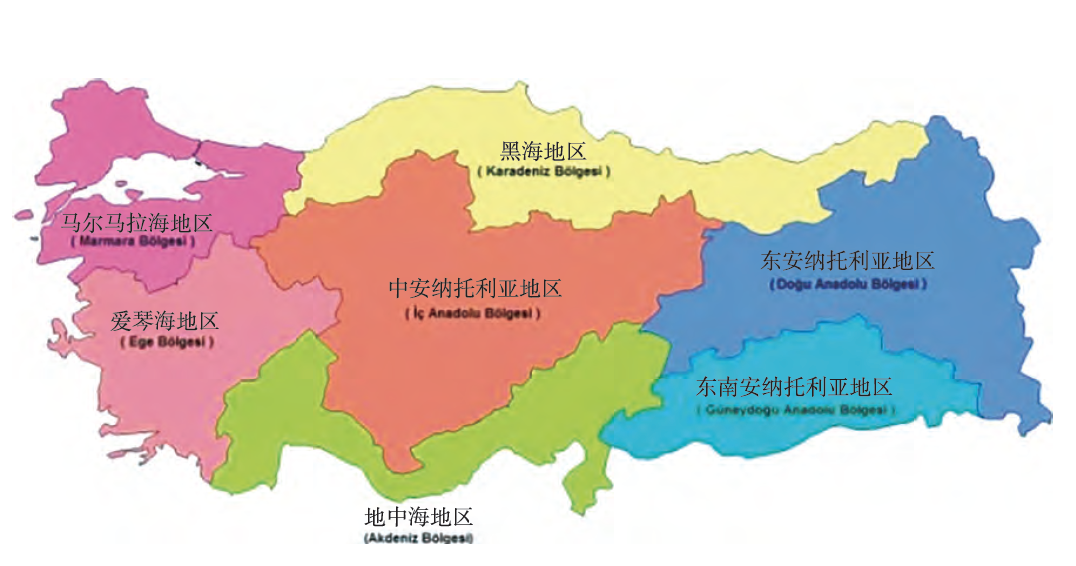
4 Infrastructure
Türkiye's geographical advantages, comfortable climate and good industrial environment surrounding the sea on three sides provide conditions and opportunities for the development of infrastructure.
highway
In recent years, Türkiye has been committed to improving the road infrastructure network. Between 2003 and 2018, 20200 kilometers of new roads were built in Türkiye, and 76 provinces achieved interconnection of road networks, with a total mileage of 26300 kilometers. It is expected that the total length of highways will reach 31900 kilometers by 2023.
railway
Railway is the main logistics mode of Türkiye's domestic trade and export, which provides guarantee for Türkiye's trade and transportation. By the end of 2018, the total length of railways in Türkiye was 10789km. It is expected that by 2023, the total length of railways will reach 25208 kilometers, passenger traffic will increase by 10%, and load capacity is expected to increase by 15%. Between 2023 and 2035, Türkiye will build another 6000 km railway, and the total mileage of the railway network will exceed 30000 km.
aviation
Thanks to its unique geographical advantages, Türkiye's aviation industry has an important strategic position. In 2017, airlines operating in Türkiye transported more than 193 million passengers, accounting for about 3% of the world's passengers, ranking 10th in the world and 4th in Europe. According to the 2017 report of the International Civil Aviation Organization, Türkiye ranks 12th in the world RPK (passenger/km revenue), 11th in the RTK (ton/km charge) and 13th in the FTK (ton/km load). As of 2018, Türkiye Airlines has 304 flight destinations in total, including 49 domestic destinations in Türkiye and 255 destination cities in 121 other countries around the world, ranking first among all airlines in the world.
water transport
Türkiye is surrounded by the Black Sea, the Marmara Sea, the Aegean Sea and the Mediterranean Sea, with a coastline of 7200 kilometers, including the Dardanelles Strait and the Bosporus Strait. The superior geographical location has created favorable conditions for the development of maritime transport, and is an important basis for Türkiye to expand foreign trade and integrate with the world economy. Türkiye is the fifth largest ship manufacturing country in the world. Its fleet currently ranks 15th in the world, with 78 shipyards. The Government of Türkiye is planning to cooperate with the private sector to invest in various aspects of the shipbuilding industry.
communication
Communication facilities in Türkiye are relatively developed and the coverage is expanding day by day. According to the report of the Ministry of Transport, Maritime Affairs and Communications of Türkiye, as early as 2008, the number of mobile users in Türkiye has reached 65.8 million, with a coverage rate of 92.1%; As of February 2018, the number of mobile users in Türkiye has increased to 79.5 million, with a coverage rate of 98.4%. Among them, the number of users using 4G or 5G is 68.1 million. In order to bridge the digital divide and improve the degree of communication facilitation, the Government of Türkiye has taken a series of measures such as building additional infrastructure in schools and providing emergency communication satellite telephone services.
power
In 2019, Türkiye's total installed capacity will reach 85000 megawatts (MW), of which natural gas power generation accounts for 30.53%, hydropower 24.3%, thermal power 23.44%, and wind power 8.85%.
Nearly half of Türkiye's electricity production relies on imported energy, and the cost of electricity is relatively high. In order to meet the growing demand for electricity, Türkiye is vigorously developing traditional power such as coal power and hydropower, and accelerating the development of pollution-free new energy power such as nuclear power, solar energy, wind power and geothermal power.
5 Economic Parks
Technology Development Zones
Türkiye's technology development zone aims to support R&D activities and attract investment in high-tech fields. There are 84 development zones in Türkiye, including 63 Malatya Technology Development Zone and FinansTechnopark Technology Development Zone, which have been officially put into operation, and 21 have been approved and are under construction. Enterprises within the technology development zone can enjoy various discounts. For example, profits obtained from software development, research, and related activities are exempt from income tax and corporate tax; 50% of the social insurance benefits payable by employers shall be paid by the government; The salaries of R&D, design, and support personnel within the region are exempt from taxation.
Mature Industrial Zones
Mature industrial parks aim to create a favorable investment environment for enterprises and provide complete infrastructure and equipment. Tu Er
It has 331 mature industrial parks including Istanbul Anadolu Yakasi and Kirsehir Mucur, among which are currently in operation
There are 234 of them, and 97 are currently under construction. In addition to Türkiye's investment incentive plan, enterprises in the park can also enjoy preferential measures such as exemption from value-added tax on land acquisition, and exemption from real estate tax within five years from the date of completion of the factory.
Free Trade Zones
The free trade zone is a special economic zone outside the scope of customs supervision, which aims to increase export-oriented investment and promote Türkiye's export trade. The location of Türkiye Free Trade Zone is advantageous for international trade through Mediterranean, Aegean and Black Sea ports. At present, Türkiye has 19 free trade zones, mainly close to the EU and the Middle East market, such as Mersin free trade zone on the Mediterranean coast and Trabzon free trade zone on the Black Sea coast. Among them, 18 are currently in operation and 1 is under construction.
6 bilateral economic and trade agreements
According to European Commission data, Türkiye has signed free trade agreements with European Free Trade Association, Macedonia, Bosnia and Herzegovina and other countries and organizations. In addition, there are five agreements that have been signed but have not yet entered into force, namely, Türkiye Lebanon Free Trade Agreement, Türkiye Kosovo Free Trade Agreement, Türkiye Sudan Free Trade Agreement, Türkiye Qatar Free Trade Agreement and Türkiye Venezuela Free Trade Agreement. Türkiye is still continuing to promote the negotiation of free trade agreements with many countries and expanding the scope of free trade agreements. On December 29, 2020, Türkiye and the United Kingdom signed a free trade agreement. The free trade agreement came into effect on January 1, 2021, mainly covering agricultural and industrial products. In the future, the two countries will strive to expand the scope of the agreement to include the service industry.
